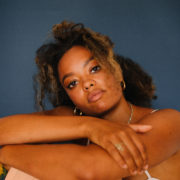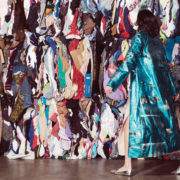A Means To No End. Making It In The Creative Industry; 21st Century Ghanaian Creatives’ Journey In Focus.

Ghana is a country blessed with diverse cultural heritage and prestige but still has a long way to go when it comes to the creative industry.
Contribution by Boakye D. Alpha.
Being creative is a gift.
Having a creative mind empowers you to try new things and work on projects that help you get closer to realising your full potential. Having the ability to create, the prerequisite skills to be creative is very ethereal.
Living as a creative, knowing that you can birth art pieces into life, is a blessing. But sometimes, making it as creative can be a hurdle. Uncertainty is a part of creative effort. Joining the mainstream Creative Industry can be a roulette, especially in a country where creatives are rarely given their due.
What can young creatives do to ensure long-term success in their chosen path? What resources are available to help them? How can they ensure that they are well-prepared for the industry? How do creatives cope with such risky and tough situations?
How do these creatives plan for the future in a country where unpredictability—especially where the creative industry is concerned— is the norm? There are a lot of questions to ask. Unfortunately, the answers to these questions are not as easy as it takes to ask the questions. It is a tricky path.
As a young Ghanaian creative who believes in the ingenious creativity of the young generation, I always feel sad when I reflect on the above questions and, also, how most of them have been shunned because the country (and for that matter, industry gods) are not ready to give room and accept the new breed of creatives that are turning up with a very diverse and tremendous approach to art forms.
Creative Arts Industry? REALLY?
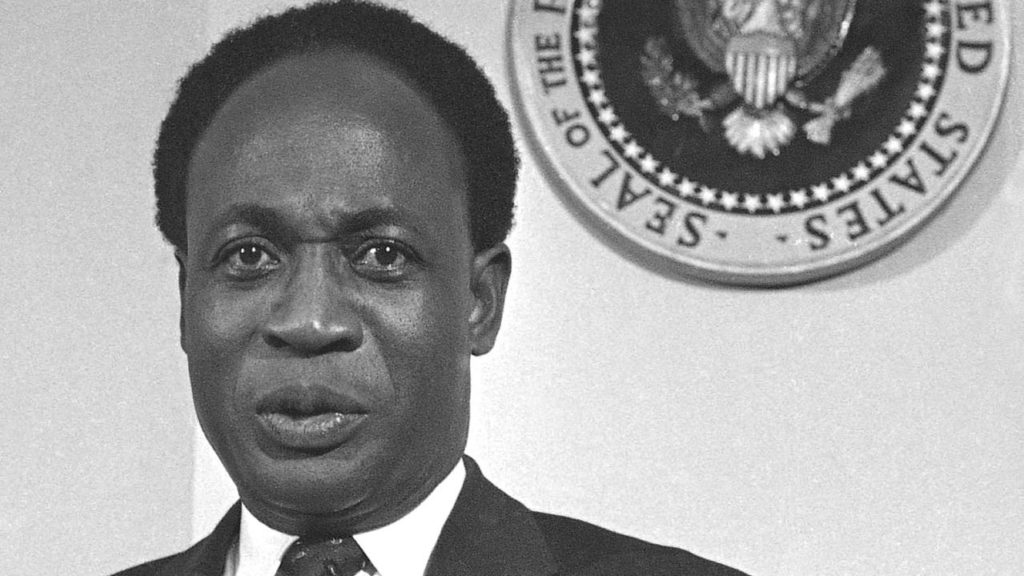
Ghana, a country blessed with diverse cultural heritage and prestige, still has a long way to go when it comes to its creative industry. And when I mention the creative industry in this context, I don’t mean the music industry or the movie industry but the other art forms that are rarely recognised as part of the ‘Creative Art Industry”.
It is a known fact that despite the first president, Dr Kwame Nkrumah, adopting a comprehensive set of cultural and creative policies in the 1960s, Ghana’s government has never been interested in the Arts. And over the years, it has been chastised for its lack of support for the creative industries. In order to give the new nation a cultural identity, Nkrumah advocated for the African Personality concept, which entails creating the country based on the people’s ways of life, culture, customs, and traditions.
We ask ourselves today, where have that gotten to? The dream died with him. Many believe almost every government the country has had have failed its creative individuals.
As Ghanaian music video director Nana Asihene, tweeted somewhere in 2019,
“The creative sector in Ghana has nurtured itself, raised itself, fed itself and managed to clothe itself. If a Gov. wants to take credit, they can start by reinstating a national film production company. And a music production hub. Or teach art in schools….”
The sad truth is that Ghana’s ostensibly “Creative Arts Industry” is a ruse designed to conceal our shame. But that is merely what this piece is about. This piece would focus on the works and personalities of different creatives in Ghana, introduce their works to the world and retell the story of what it means to be a young (and struggling) creative in 21st century Ghana where the creative industry is the least important aspect to the nation runners.
Many young creatives are trying their best to navigate their space through a rather congested vent, and it turns to be suffocating, sometimes. Most of them have been able to walk through the dark tunnels to find the light, with or without the support they needed. Others are still negotiating their space while the rest, albeit not seeing a better future in the creative space of the country, are trying to enter into it, regardless.
I had a one-on-one conversation with a number of creatives. They are filled with diverse ideas about the creative industry of Ghana. I have a total of 10 questions spread across for these creatives as they share their distinct opinions on the issue. These are raw and untapped voices. They say it as they see it, and that is the beauty.
Let’s get into it, shall we?
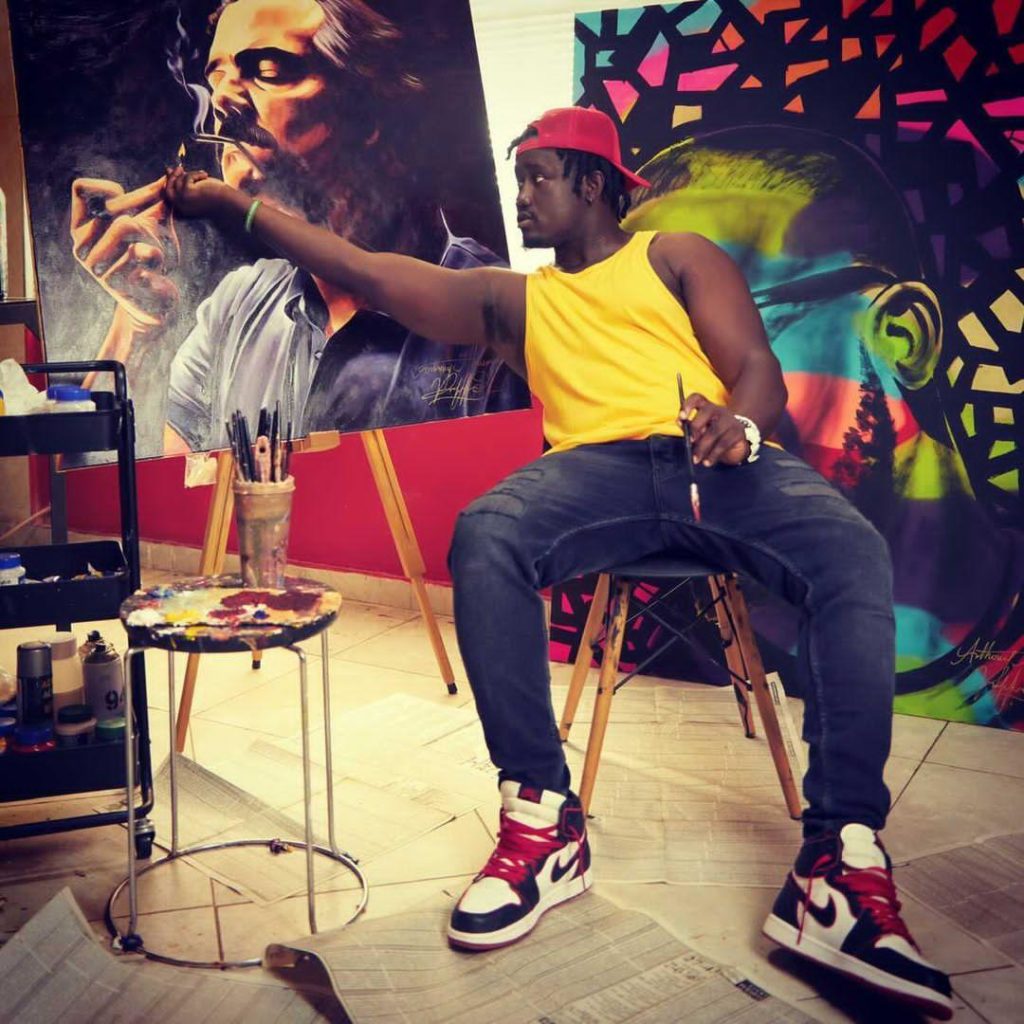
Meet Anthony Jefferson Hanson, known artistically as Ashenso. He is a Ghanaian artist who believes to have been born into art. “Art has been my life. I think I came here with it”, he says.
What are your thoughts about the Ghanaian creative industry?
Well, it is still a developing one which shouldn’t have been the case since I deem Ghana the cradle of the arts. But it is no fault of nobody but somebody. We are susceptible to the foreign influx so much so that our culture as Ghanaians is almost like a drop of water in the ocean.
The media would always portray the industry differently and loud. Quite frankly, this is a country with well over 70% of its citizens being illiterate. So let consider how hard or easy they can access the mediums through which they can be heard. Therefore the few literate will make the most noise and throw dust in the eyes of the people who can and will help. If 70% is the illiteracy rate let’s talk of how much they earn how much they will save and how much they will spend on artefacts. Ironically, most of the artists come from this 70%. The 30% wouldn’t want their children to study art making it unattractive to them. They say all sorts of demeaning things about art. So today, when you visit a school, Science labs are fully furnished whiles art students struggle up to fire their clay works. They (artists) come out of school unguided and with no sense of direction. Ironically, the science students with everything at their disposal also come out not getting jobs. However, the artist needed just a little push to create a new world, a world where these science folks can exist and make a living for themselves.
A little attention and investment will go a long way to set the Ghana creative industry rolling. We travel and don’t wanna come home because there’s no hope, not even materials to work with. There’s only one notable art supply shop in Ghana at Osu Acrilex Ghana. Guess what happens when they are out of stock. My thoughts won’t be on the brighter side of things cos it only makes one comfortable. My thoughts will be on the side of truth. My name is Ashenso and I’m not an artist, art is me.
What are the best ways you think can get Ghanaians to patronise the various art forms in the creative industry, get them to attend art exhibitions, visit art galleries(if there are any), get them to go for book launches etc?
By making it attractive enough and easily accessible as well. Also, changes must start from the core that is giving the talented ones studying the creative art in various schools a reason to want to confidently pursue the course and their goals of becoming whoever or whatever they aspire to be. Stakeholders can start by providing them with state of the art studios and materials and well-trained teachers who will carry them through and direct their path because education plays a major role. Exchange programmes have to be introduced for one to gain exposure which then affects, positively, their creative thinking. How to make the industry attractive is for the government has to pay critical attention to the industry and prepare structures that favour the industry, pump money into it, create platforms and avenues that will get the attention of the ordinary Ghanaian. This even goes a long way to even boost the tourism sector which will eventually affect the economy positively.
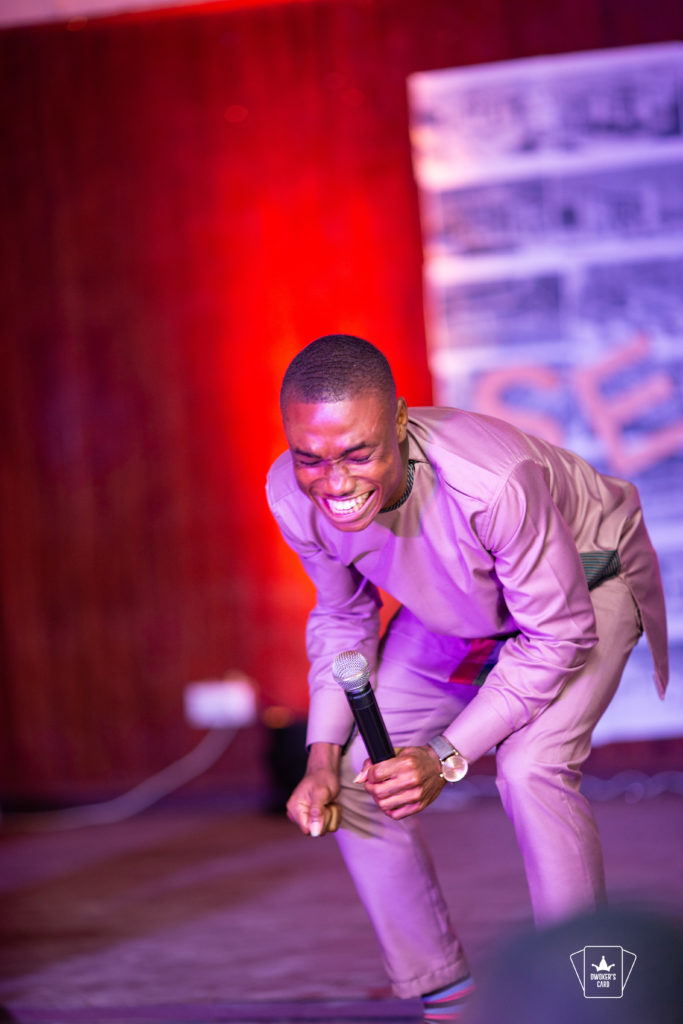
Meet Ebenezer Dwomoh a 28 Ghanaian Architect who has taken up Stand Up Comedy and Podcasting as a part of his career choices, a way to explore his creative self. He was intrigued about artistic creation at an early age but also was curious about science. After watching a CNN documentary, he thought architecture would be a good blend of both. In his final year of architecture school, he decided to start a standup comedy for the fun of it. The support, he describes, “has been amazing so far so I have selfishly decided to pursue both for now. It’s no bed of roses but what’s life without challenges?”
What are your thoughts about the Ghanaian creative industry?
I see a lot of diverse talents. I see the youth pushing the frontiers of art in the country from what I believe is inspired by a global influence. However, not a majority of people(consumers) have really subscribed to it. Let’s say for professional dancing, people are enthused about the art. Everyone in the country would love to share a viral dance video but not many parents want their wards to be dancers. People appreciate good graphic design but how many are willing to pay the artist what is due them? There’s great potential but we are not there yet.
Do you think there is a future that the status quo would change?
I strongly believe that. The global influence is very strong. Consumers of creative products are not limited to Ghanaians and also the youth are rapidly adapting to change.
In your opinion, is the government obligated to take a look at the creative industry as it does with other sectors of the country or it is up to creatives to make sure they sustain the industry, however possible?
I think the government needs to invest in the youth which I believe makes up a huge chunk of the creative industry. They say the youth is the future of the country right? However, I don’t think I can call it an “obligation” to the government. However, It’s up to the youth to collectively devise marketing and promotion strategies to take their contents and products to their target audience in the country and beyond. Some of the creatives are already doing that. Eg. Ibrahim Mahama, Gyakie, etc
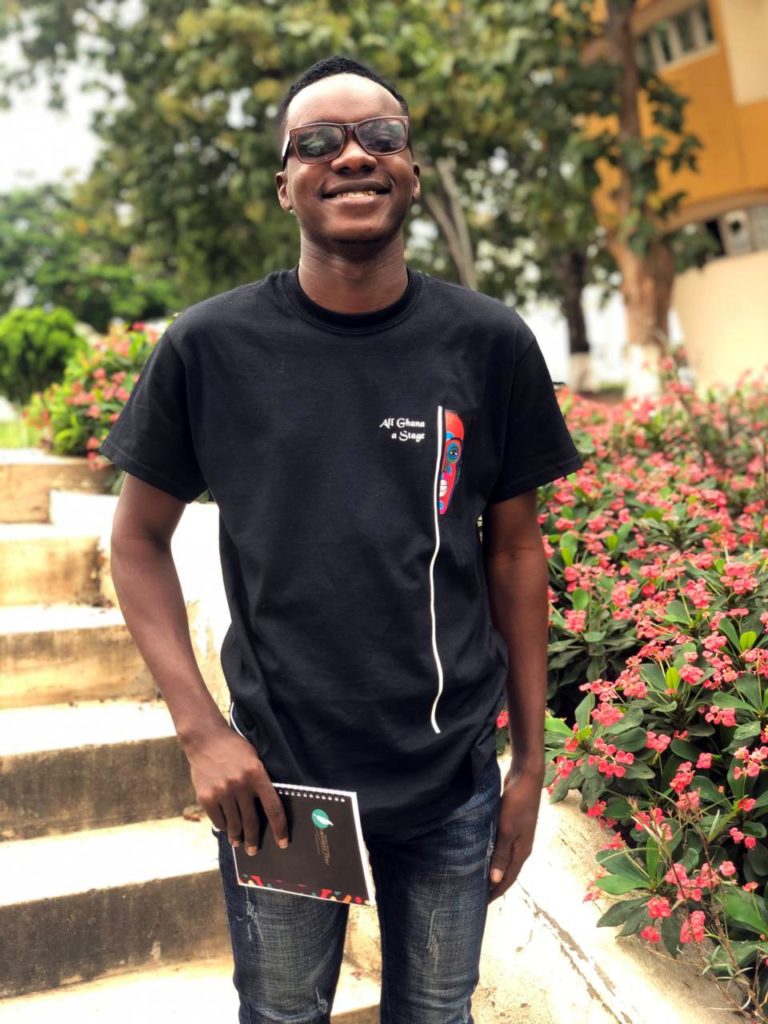
Meet Elvis Damptey, a young Ghanian filmmaker who recently made his debut with a web series, Taken Campus Series. He has been interested in the creative industry since his high school days when he used to coordinate the drama group. However, his passion was ignited after he watched several Hollywood movies. He says he is “always amazed about the kind of performances and wanted to do something similar. The energy with which I would research and want to know about how the production process was carried out made me realise this was the field for me. I also believe in storytelling. I think I can use it as a tool to address some societal issues, create awareness and also showcase what we are made of as a country.”
You recently entered the creative industry of Ghana. Is it everything you envisioned it to be?
Not entirely the case but the passion still drives me to achieve my goals. Sometimes it’s hard to get production houses to invest in your ideas. There isn’t much of an industry here in Ghana so it’s really hard getting your ideas off the ground. There are more indie filmmakers than cable or studio networks that are willing to invest in the art. This makes it hard for upcoming creatives like us. Really, there is no support system.
Do you think there is a time this narrative would change?
Honestly, I don’t know but I’m just hoping it does one day. I hope that investors and distributors will come on board so that the narrative will change. I also wish the government will see the plight and support creatives in the country too. European Film Fest and Goethe-Institut Ghana have started the film festival initiative to help indie filmmakers. I just hope it expands further.
Ever thought of the fact that maybe you would make a better profession for yourself if you weren’t in this country?
I won’t lie. A lot of times. This is because out there they have a solid movie industry. Not just that but they also understand the business aspect of film and a lot of investors and distributors are always ready to come on board. It’s like there is a home for us creative out there. There is someone out there who is ever ready to invest in your idea depending on how worth it will be at the end.
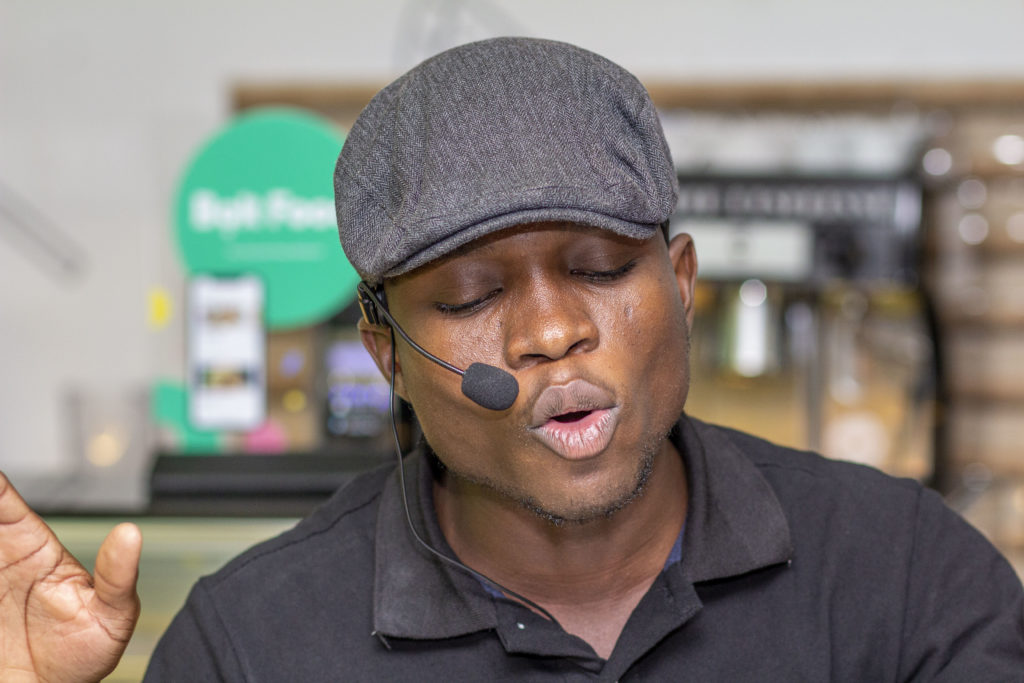
Meet Poetivist, a poet and activist who believes to be a voice. One that is heard loud and clear.
Many believe the Ghanaian Creative industry is a means to no end. What are your thoughts on that?
We can have diverse ideas to sustain our ends in this creative industry. What I see is, we keep doing what has been done in the same way and expect some means from it. How can we grow to a bigger community if our narratives are the same and confined? From my point of view, the writer today should at least write contrary to the norm and the poet should speak a natural voice unknown to the community. The Ghanaian Creative industry is polarised and that’s why we carry this “a means to no end” with us. But if we begin to create new rooms for our creative tenants and use our creative prowess to solve issues outside the scope of the original, then we will begin to find means in this industry.
Interesting! So you believe that the people, creatives, have to take charge and make the creative industry work and not wait for the government?
But don’t you think the creative industry is too holy to be governed by the government? We have been ordained by the most creator to do Jeremiah 1:10. And it is our divine responsibility to pass political figures through the fire, so society can be a better place. There are more to words and other creative prowess than what we (creatives) even see. Some creatives were taken to exile because of their works and how they uprooted the evils in the political world. Give the governor a role to play in shaping the industry and they will turn us against each other. Peer at the Creative Ministry under the Government of Ghana to see what the National Theater of the country has become.
I always say, “the government is no friend today and if tomorrow,
it doesn’t matter (from the poem hope of my city).
And these creatives couldn’t have been clearer on their standpoints. The judgement is up to the rest of us. Though this piece has turned to the side of gloom—at least for the young Ghanaian Creative—all hope is not lost. There are individuals who have it at the core of their hearts to fight for a change in the creative space. Or at least contribute their quota to making the creative industry better and inspire the younger generation.
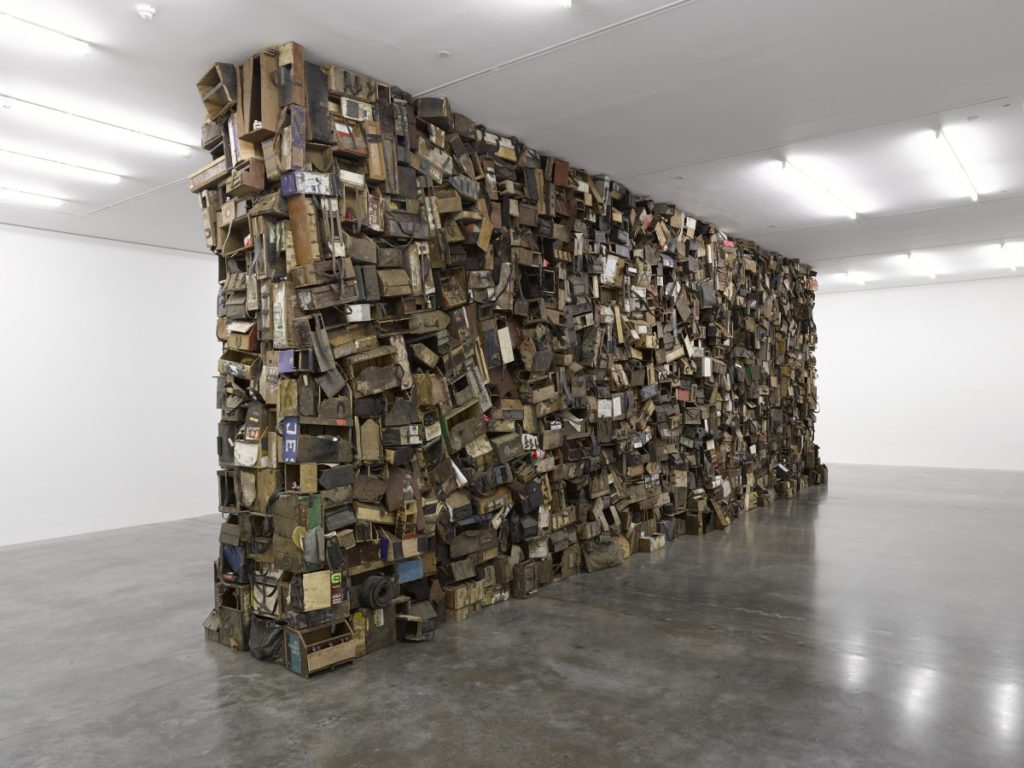
Ibrahim Mahama is one such person. He is passionate about integrating local residents into creative environments where they are frequently disregarded. In an effort to do so, he used the alteration of materials to address themes such as consumerism, migration, globalisation, and economic exchange. His large-scale installations, which are sometimes created in conjunction with others, use materials acquired from urban areas, such as wood fragments or jute bags that are sewn together and draped over architectural constructions.
Also, projects like Advancing Creative Industries for Development in Ghana (ACIG), give the creative space hope. ACIG is “a collaborative and interdisciplinary research project funded by the Ministry of Foreign Affairs of Denmark (DANIDA) to generate new knowledge of creative and cultural industries (CCIs) in Ghana. Specifically, ACIG examines the impact of existing CCI policy and government initiatives and explores the lived and situated dynamics of creative work and creative entrepreneurship in Ghana.”
However, just like the Ghanaian Adinkra symbol has it, Baakofo nsa nso Nyame ani kata (translated literally as “One person’s hand won’t be enough to cover God’s eye”). More of such people are needed to reinvent what the creative Industry of Ghana should mean to those in it and those who would want to be a part of it but are deterred.
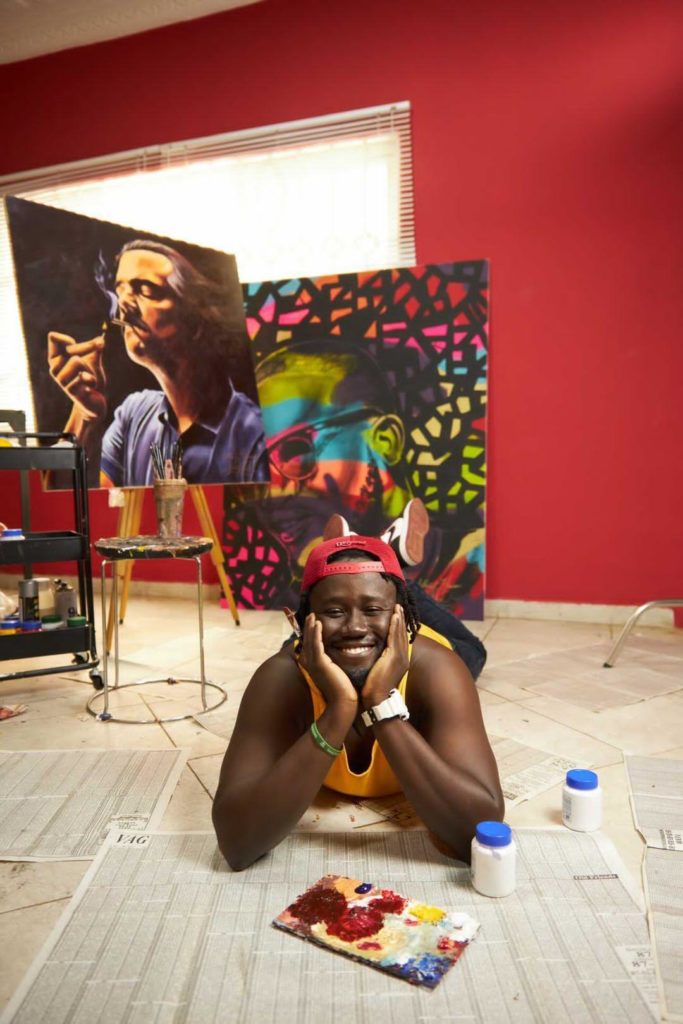
I think and believe the future of this country is the creative industry. With such diversity and ingenuity that reeks from the core of the ordinary Ghanaian creative, they are capable of putting the country on the map. But to reach that actualisation, that would depend on the step we make from now.
Contribution by Boakye D. Alpha.
Check out the GUAP Arts & Culture section, to discover new art, film, and creative individuals.
